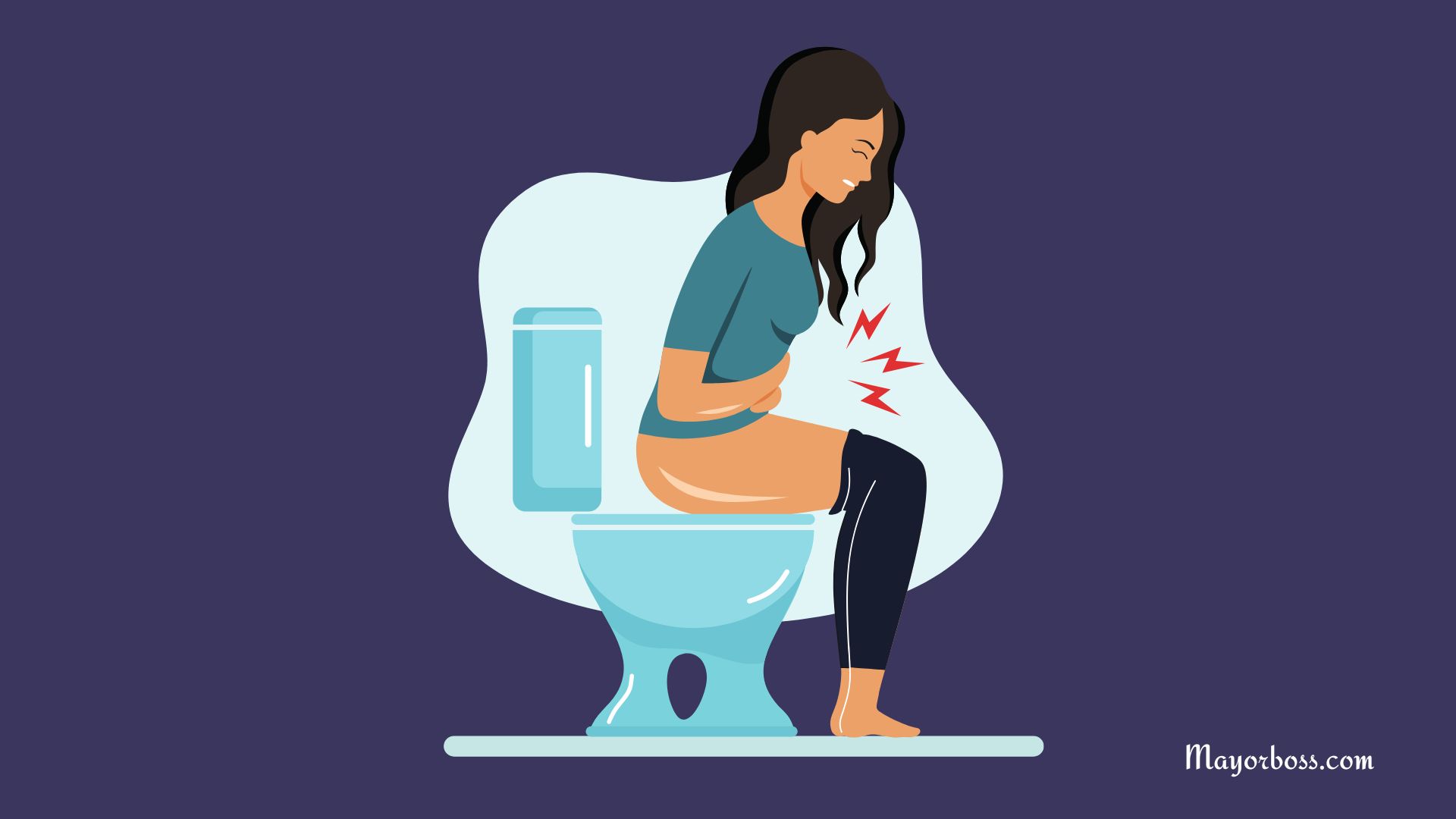What It Truly Means When You Cough Up Mucus
Coughing up mucus, or phlegm, can be a disconcerting experience. While it’s often associated with a common cold or flu, there are other possible causes and implications depending on the color, consistency, and amount of mucus produced. Understanding what your phlegm is trying to tell you can help you decide the best action to address the underlying issue.
What is Mucus, and Why Do We Produce It?
The respiratory system is constantly exposed to irritants, dust, and allergens. Mucus is a natural defense mechanism, acting as a sticky barrier that traps these particles and prevents them from reaching the delicate tissues in your lungs.
It’s also important for keeping your airways moist and preventing infection. The mucus is produced by specialized cells in the nose, sinuses, throat, and lungs. It’s constantly being made and moved up and down the respiratory tract by tiny hairs called cilia. This movement helps to expel mucus and its trapped irritants from the body.
Why Do We Cough Up Mucus?

When you cough up mucus, it’s your body’s way of responding to something. Here are some potential reasons:
- Bacterial or Viral Infections: Infections like the common cold, flu, or pneumonia increase mucus production. This extra mucus traps more bacteria or viruses, which your body tries to expel by coughing.
- Bronchitis: This condition, which inflames your bronchial tubes, can lead to mucus production and a persistent cough.
- Environmental Irritants: Smoke, pollution, and dust can irritate the lungs, prompting an increase in mucus as a defense mechanism.
- Allergic Reactions: Allergies can cause your body to produce more mucus in an attempt to trap and remove allergens.
- Asthma: This condition can lead to increased mucus production.
- Chronic Obstructive Pulmonary Disease (COPD): COPD often involves chronic bronchitis, which leads to coughing up mucus.
- Cystic Fibrosis: This genetic disorder leads to the production of thick, sticky mucus.
- Acid Reflux: Acid from your stomach can irritate your throat and lungs, leading to mucus production and coughing.
What Makes Mucus Change Color and Consistency?
When you’re healthy, you may not even notice that you’re producing mucus. It’s typically clear and thin and doesn’t cause any discomfort. However, when your body is fighting off an infection or is exposed to irritants, the production of mucus can increase and change its characteristics.
Here’s a breakdown of what different colors and consistencies of mucus might indicate:
- Clear: This is the normal color of mucus when you’re healthy. It may be slightly thicker than usual when you first wake up in the morning.
- White: White mucus can indicate a mild viral infection, such as a cold or flu. It can also be caused by allergies or exposure to irritants like dust or smoke.
- Yellow: Yellow mucus is typically a sign of a bacterial infection, such as sinusitis or bronchitis. It may also be present with a viral infection that’s progressed to a bacterial one.
- Green: Green mucus usually indicates a more severe bacterial infection. It may also be present with fungal infections or cystic fibrosis.
- Red: Red mucus can be caused by a number of things, including a nosebleed, a burst blood vessel in the chest, or a more serious condition like pneumonia.
- Pink: Pink mucus can be caused by a small amount of blood, which can be from a nosebleed, a burst blood vessel in the chest, or a tumor.
- Brown: Brown mucus can be caused by blood that has had time to oxidize, which can happen with chronic bronchitis or lung cancer. It can also be caused by inhaling dust or dirt.
- Black: Black mucus is a rare symptom that can be caused by inhaling large amounts of dust or smoke or by a fungal infection.
In addition to color, the consistency of your mucus can also offer clues about the underlying cause. For example, thick and sticky mucus is often associated with bacterial infections, while thin and watery mucus may be more indicative of a viral infection or allergies.
Other Symptoms to Consider
While the color and consistency of your mucus can provide valuable information, it’s important to consider other symptoms you may be experiencing to get a more complete picture of your health. These symptoms may include:
- Coughing: This is a natural reflex that helps to expel mucus from your airways. Particularly, coughing can be dry or productive, meaning that you cough up mucus.
- Fever: This is a sign that your body is fighting off an infection. A fever may be accompanied by chills, sweating, and fatigue.
- Sore throat: This is a common symptom of viral and bacterial infections. It can also be caused by allergies or irritation from dry air.
- Runny nose: This is a common symptom of allergies and the common cold. It can also be caused by sinusitis or a deviated septum.
- Headache: This is a common symptom of many different conditions, including allergies, infections, and stress.
- Fatigue: This is a feeling of tiredness or lack of energy. It can be caused by many different factors, including infections, allergies, and stress.
- Wheezing: This is a whistling sound that happens when you breathe. It’s a common symptom of asthma and other respiratory conditions.
If you are experiencing any of these symptoms in addition to coughing up mucus, it’s important to see a doctor to get a diagnosis and determine the best course of treatment.
Treatment Choices for Coughing Up Mucus
The best treatment for coughing up mucus depends on the underlying cause. Here are some options to consider:
1. Over-the-counter medications: Medications like expectorants can help loosen phlegm and thus make it easier to cough up. Decongestants can also help reduce mucus production.
2. Home remedies: Drinking plenty of tea and water, using a humidifier, and gargling with salt water can help soothe a cough and loosen mucus.
3. Prescription medications: In some cases, your doctor may prescribe antibiotics to treat a bacterial infection or inhalers to manage asthma or COPD.
4. Lifestyle changes: Quitting smoking, avoiding irritants, and getting regular exercise can help prevent coughing and mucus production.
5. Medical procedures: For certain conditions, such as sinusitis, your doctor may recommend a medical procedure to clear mucus or address the underlying cause.
When to See a Doctor
While coughing up mucus is usually harmless, it’s important to see a doctor if you experience any of the following:
- A cough that lasts for more than three weeks
- A cough that produces thick, green, or bloody mucus
- Difficulty breathing
- Fever
- Chest pain
- Wheezing
- Unexplained weight loss






